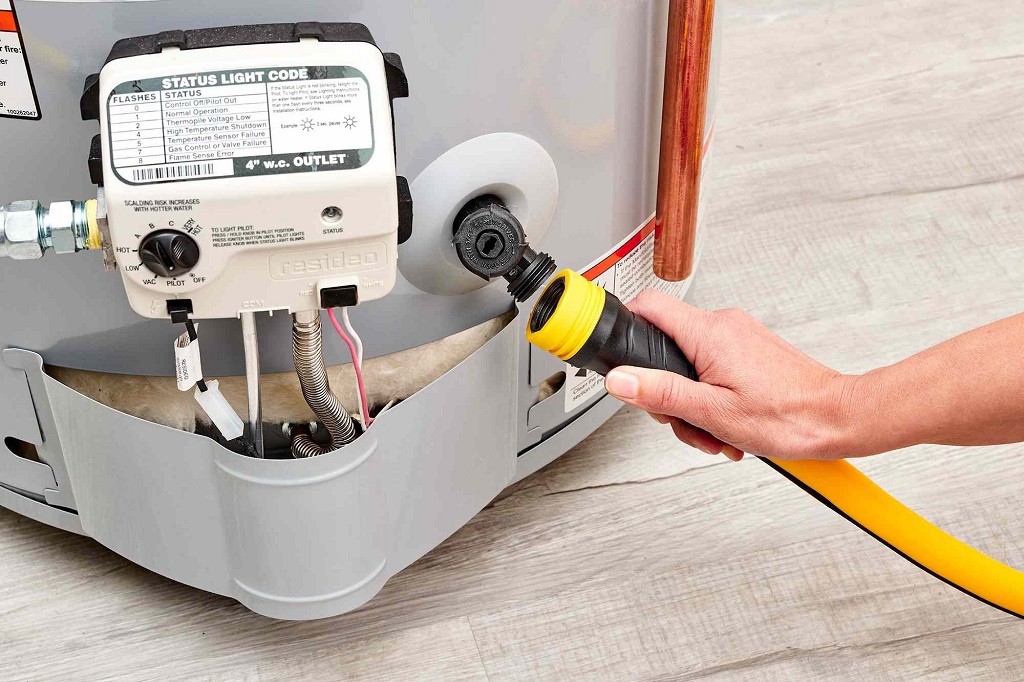With the arrival of the cold, we must prepare the house and make it as cozy as possible. It is important to choose a heating system that provides comfort and well-being. We show you the different heating systems so you can choose the most suitable for your home.
Factors for choosing the heating system
Heating is essential to combat low temperatures and have a warm and comfortable home. Not all houses need the same air conditioning systems, but it will depend on some invoices that must be taken into account. Location, climatology, isolation, size, distribution, the number of people living in it …
Radiating floor
The underfloor heating system is one of the most interesting options you can choose from. It is a system that works through a channel of heat source under the ground. It stands out for offering us many advantages:
- The heat is distributed in a homogeneous, uniform and healthy way.
- An energy-saving of between 10% and 20% is achieved.
- A healthy environment as there is no air circulation, no dust is produced This system is advisable for people with allergy problems.
- More space by not having external elements such as radiators.
- Some systems have a cooling option.
There are two systems of underfloor heating: electric that works through cables through which electricity circulates and distributes heat throughout the home. The other system works with hot water, through a pipe that is connected to a gas boiler or heat pump.
You might be interested in reading: Pros and Cons of Choosing an Underfloor Heating System.
Gas heating
It is an efficient and clean heating system since it does not pollute. Every time more homes have this system. It works with gas supply and with radiators for a homogeneous distribution of heat throughout the house. Both for heating, for the kitchen or the production of hot water you can choose between several types:
- Natural gas. In this system, there is no need to worry about its storage or distribution.
- Oil C. It can be more dangerous since it must be stored in tanks inside the house.
- Propane gas. It is the most used in small towns where natural gas does not arrive. It can be stored in tanks or small containers.
- Any of these fuels needs the use of radiators to distribute the heat throughout the house.
- It is necessary to have good thermal insulation of the house to take advantage of the efficiency and performance of the heating system.
Electric heating
In this heating system, electricity is converted to heat is an economic option, since no work is required for its installation. It is an energy that does not emit polluting gases and does not consume oxygen. Nor do they need specific care for their maintenance and conservation. It is a good system for warm areas, it is not necessary to heat the house for a long time. There are two types:
- System accumulation. Electricity is converted to heat through electrical resistances inside the heater.
- By convectors. This type of electric heating works using a resistance that heats the air that circulates through the convectors. The water is heated by a thermos. Cheap installation and has a comfortable supply of hot water.
There are devices on the market that can be easily moved around all the rooms in the house and there are other models that are fixed for more specific areas. It is an efficient system but more expensive than gas.
Thermoelectric emitters
Thermoelectric emitters are oil radiators that are heated by electrical resistance. Each radiator is independent and can be turned on anywhere without works since it do not have pipes or boilers. They have a thermostat and a programmer incorporated. It continues to emit heat after turning off the radiators.
Fireplaces: traditional heat
Wood-burning fireplaces have a special appeal since they create a warm and relaxing atmosphere. This is a traditional heating system that has several advantages:
- It is a sustainable and profitable system to protect the environment.
- One of the cheapest heating systems in both fuel and maintenance.
- The centralized system only heats nearby rooms, the most remote will have to use other heating systems.
Heat pump
This air conditioning system allows you to have heating in winter and air conditioning in summer in one device. Having these two options makes the investment cheaper. You can find countless models and brands. It is an efficient and recommendable heating system for warm and temperate climates where winters are mild.
Pellets: the ecological system
Pellets are an ecological and economic fuel that comes from the remains of the sawdust and that have a cylindrical shape of 2 or 3 centimeters.
- It stands out for its great calorific value and its low CO2 emission.
- They are easy to store and transport (they are usually sold in a 15-kilo bag).
- You can find them with an ecological certificate that assures you they are made from vegetable waste and are renewable.
- They promote forest clearing.
- This heating system produces no odors and there is no risk of explosion.
- You may be interested in reading: How to choose the best solutions in ecological heating.
What did you think of this guide to heating systems? I hope it helps you to choose the most suitable system for your home.
You may also like to read- http://thebinderblog.com/








